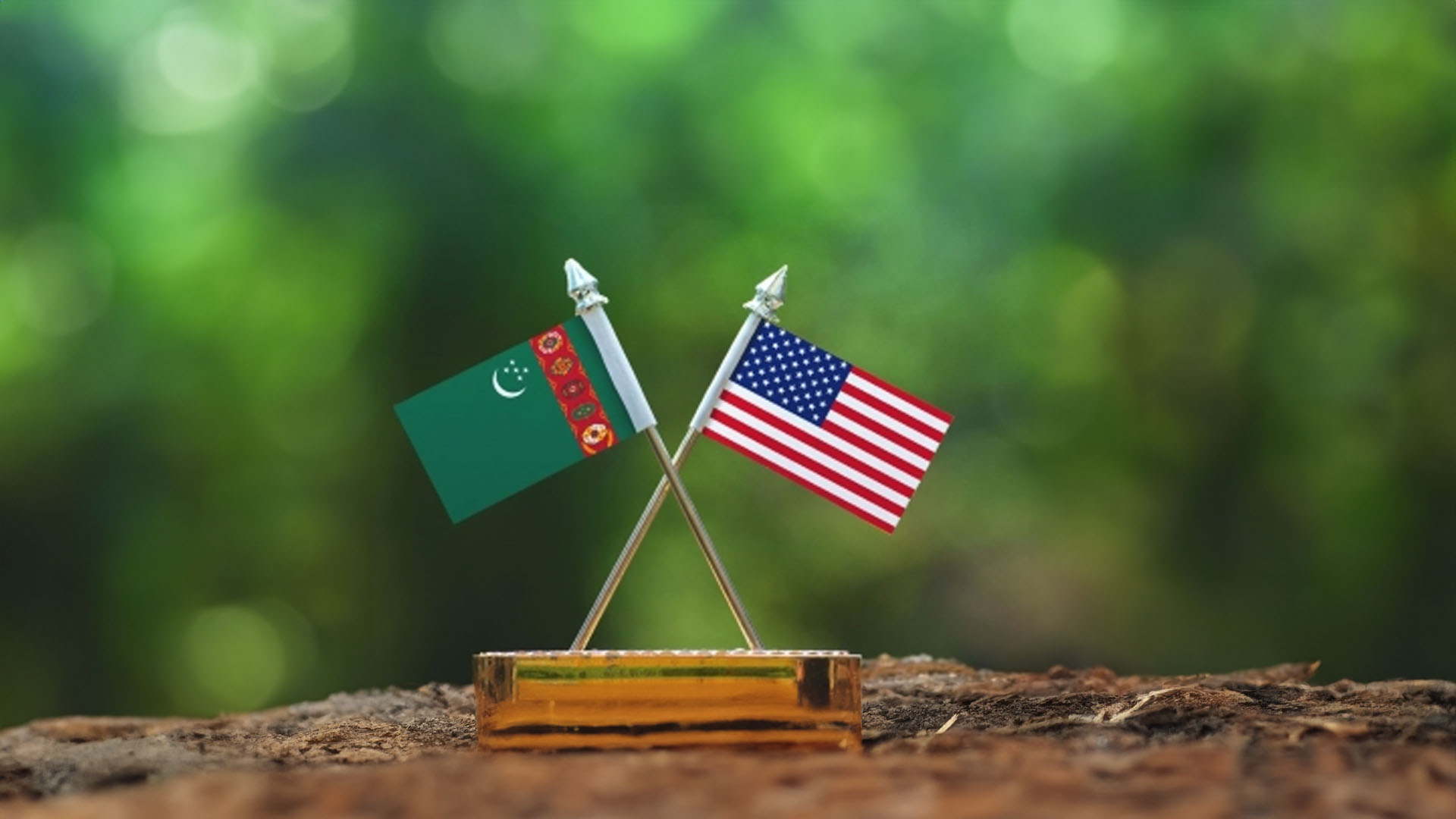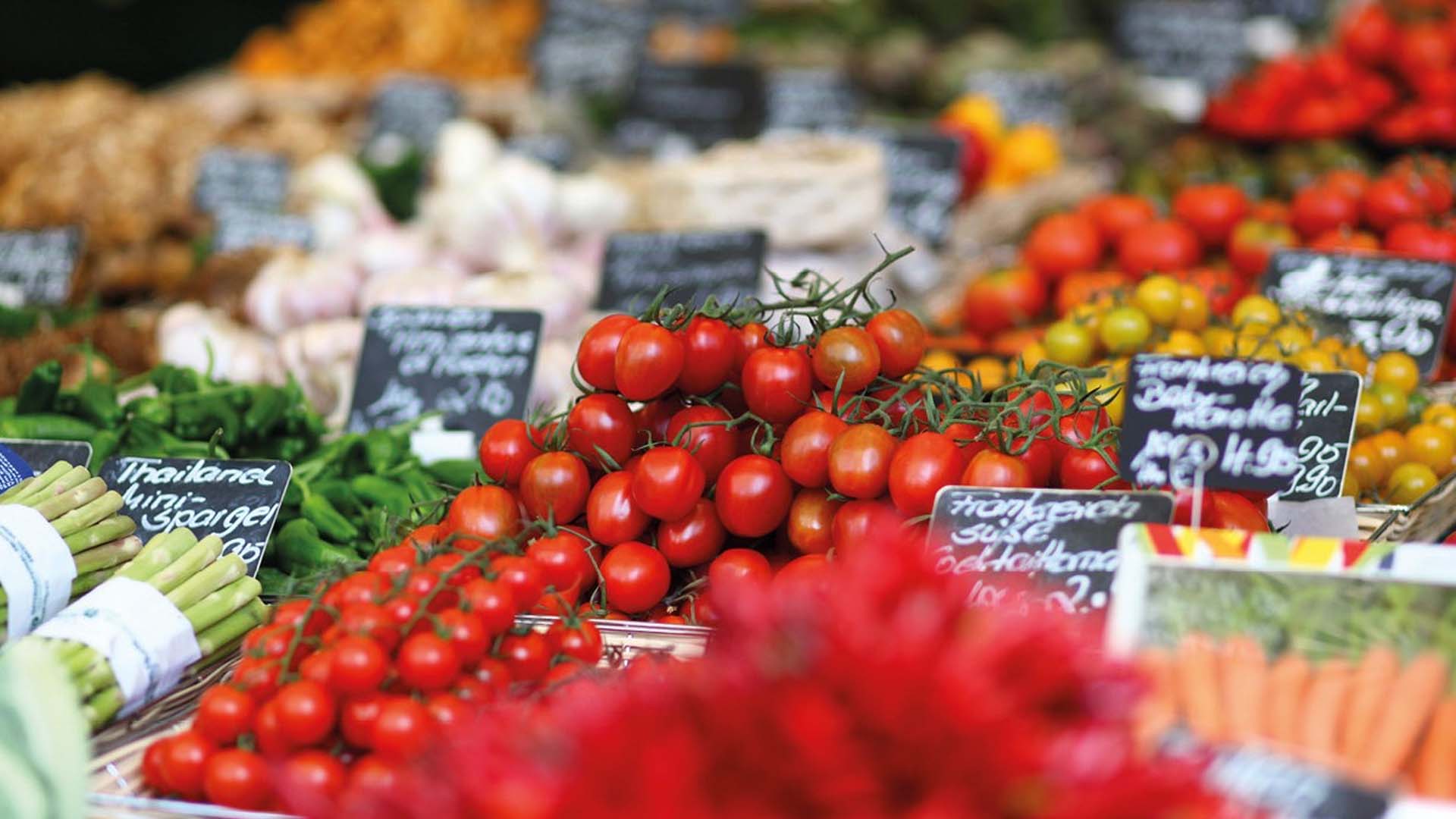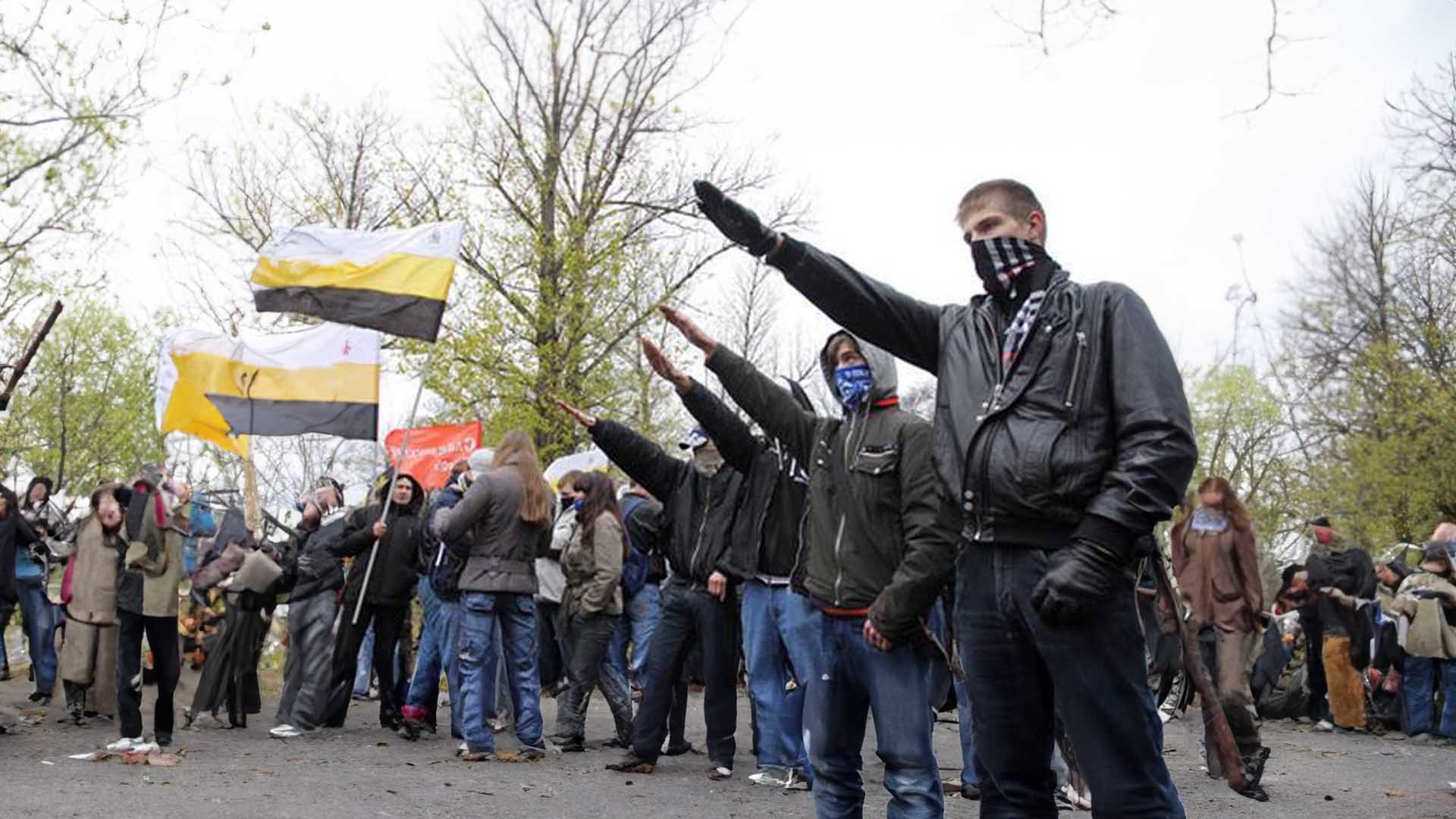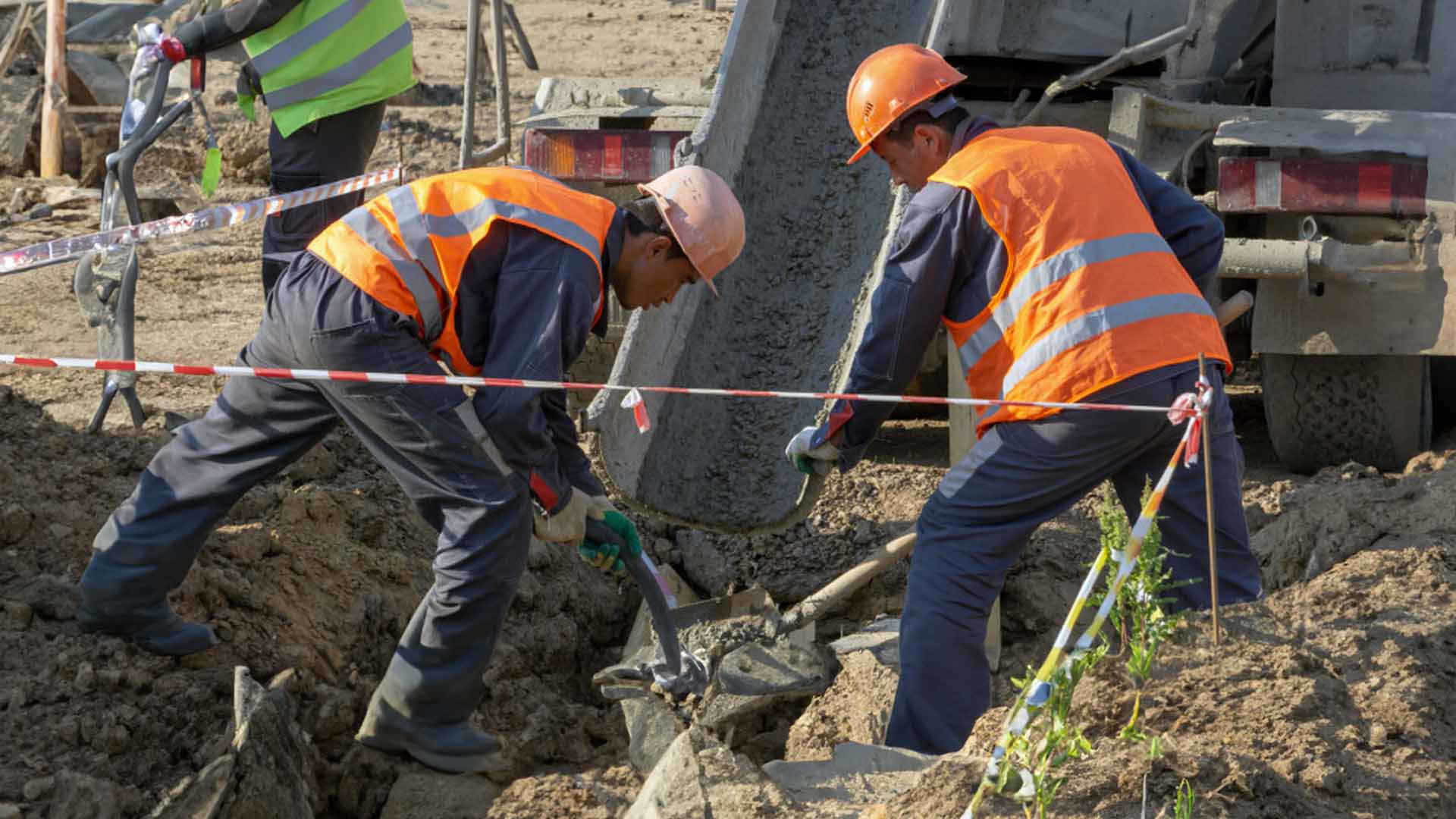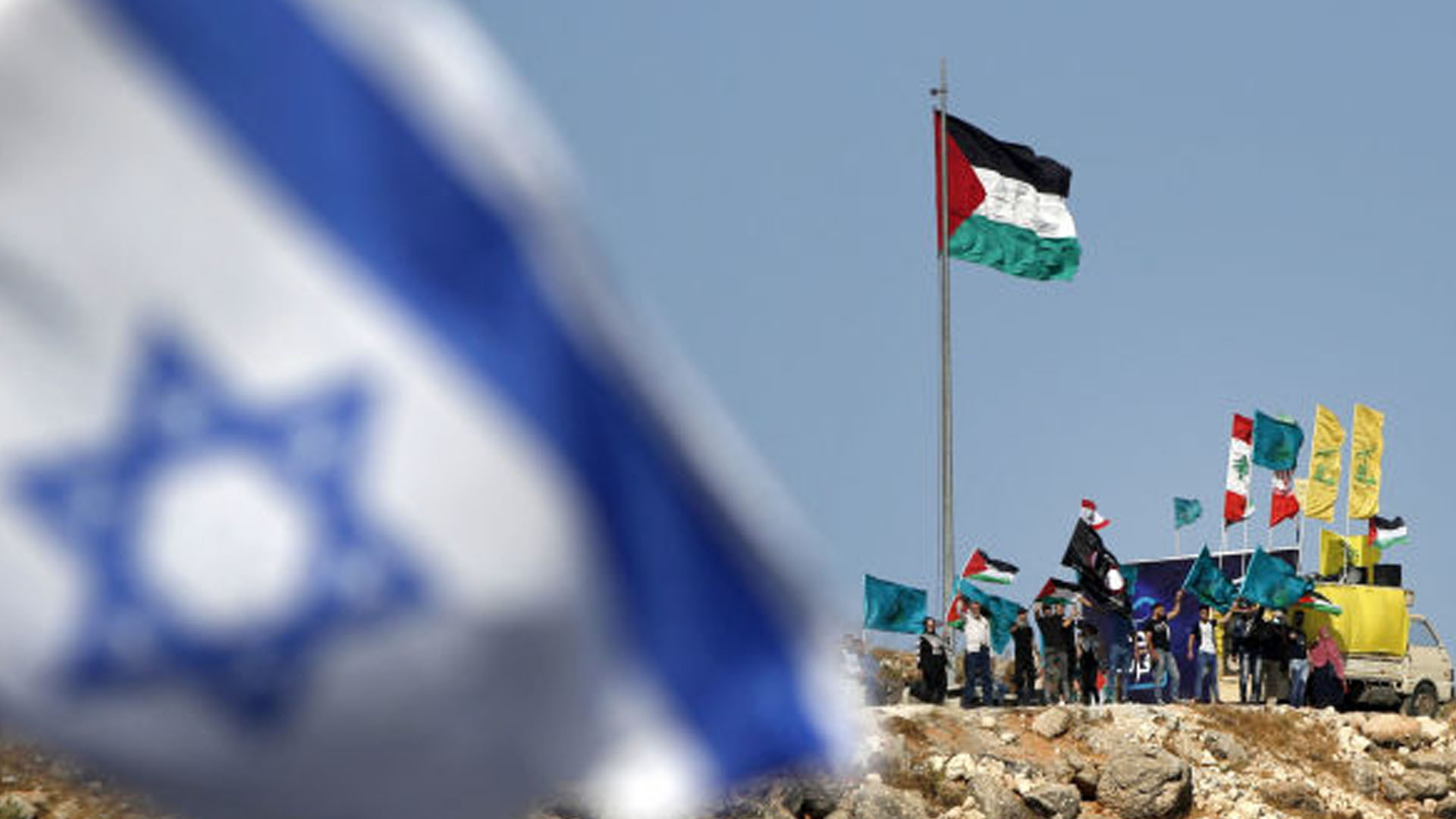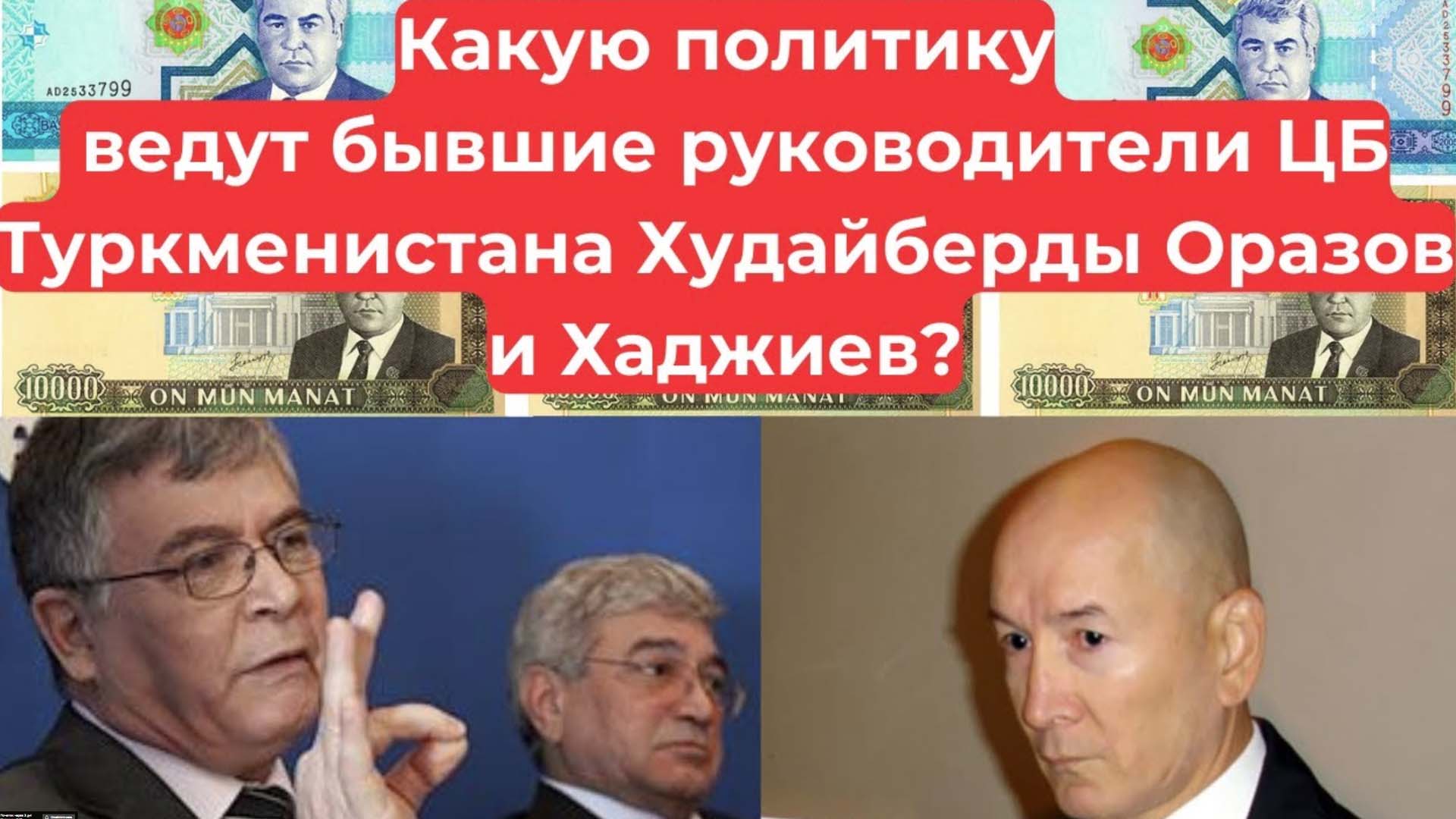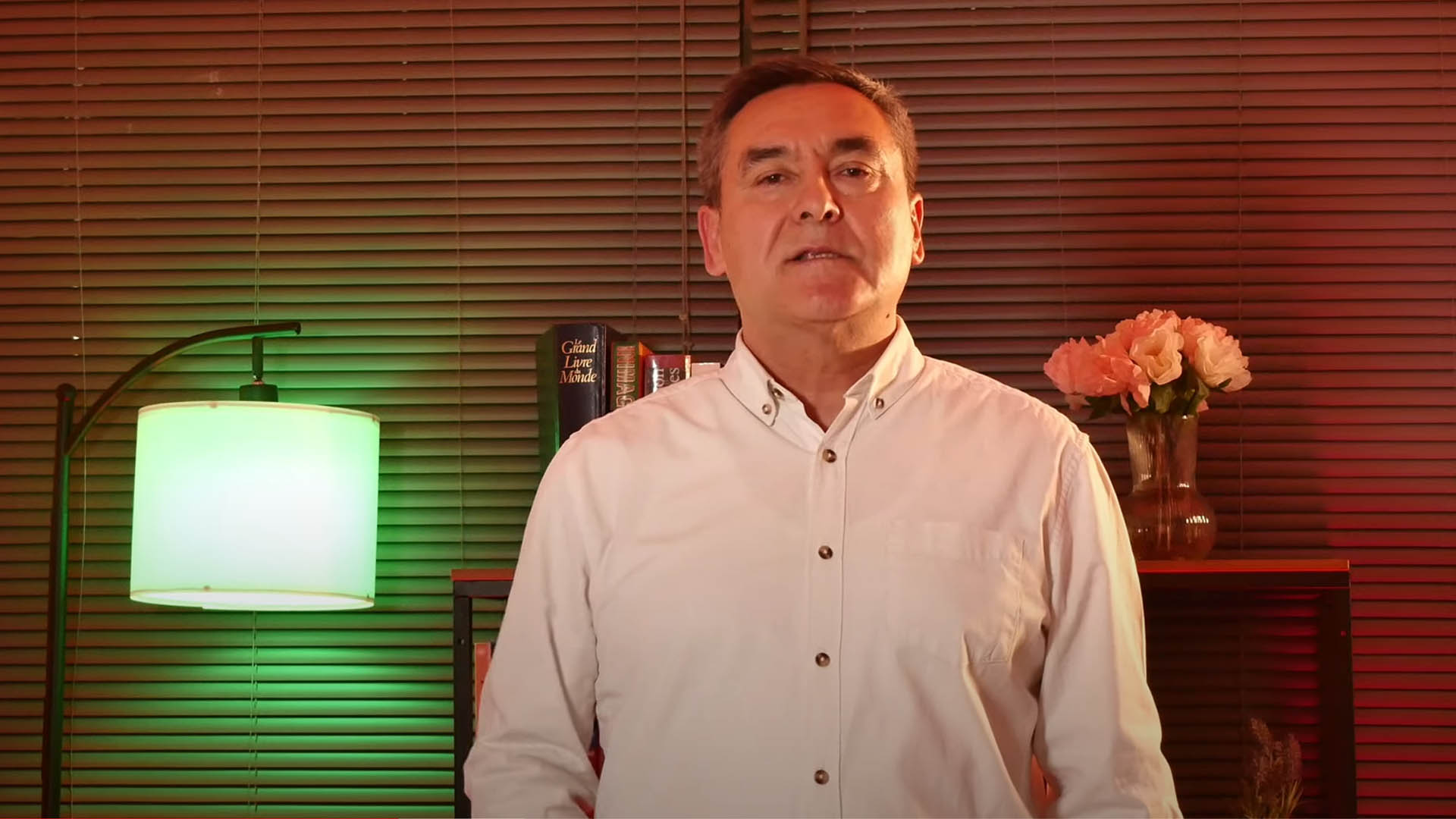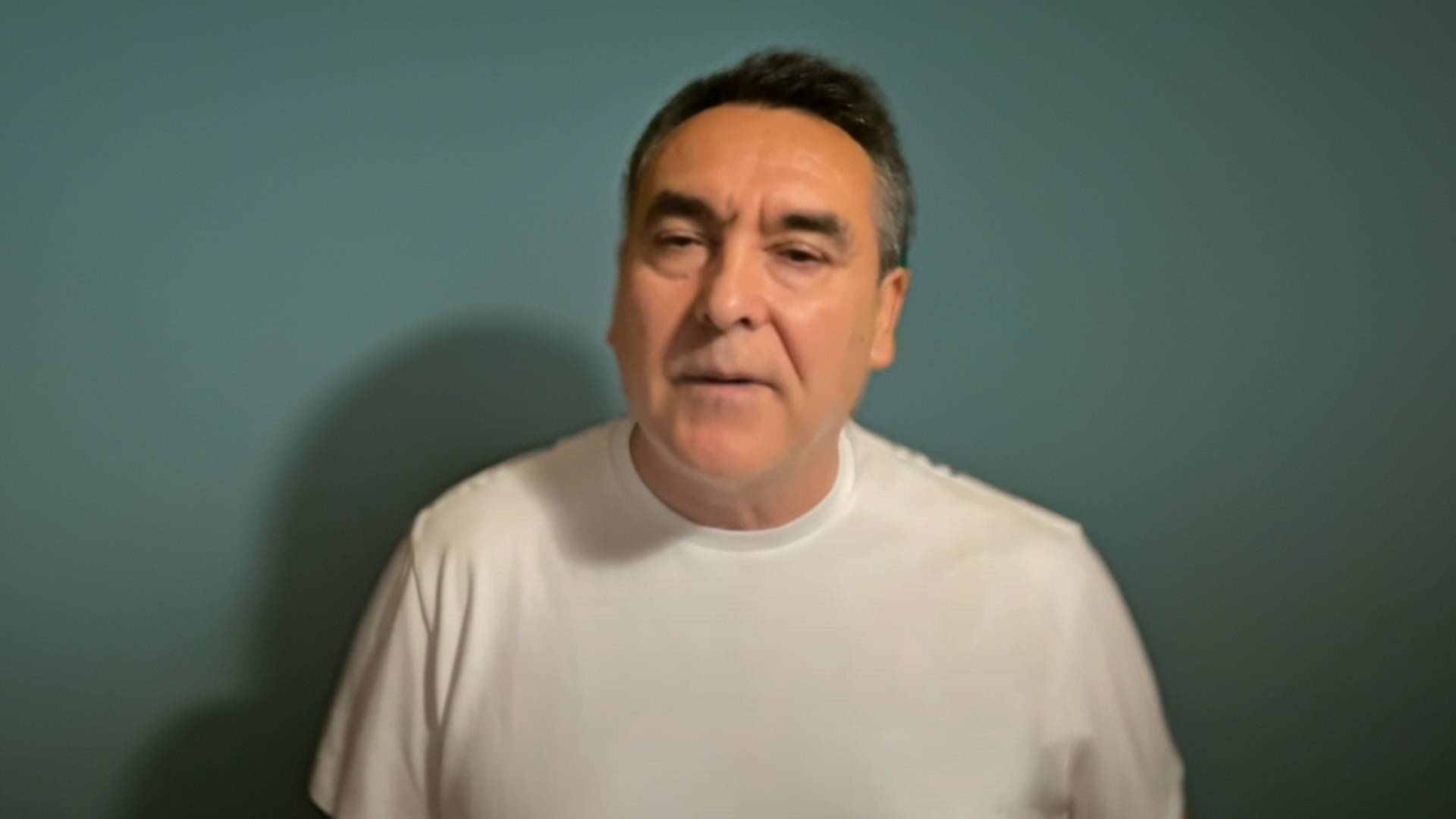Central Asia is in motion! It is becoming increasingly obvious that in the XXI century, this vast region is no longer the “backyard of the old empires”, which quietly and meekly rests somewhere “on the other side of the World” from the Western world. This stereotype has long been a thing of the past. Today we see that ordinary people living in Turkmenistan, Kazakhstan, Uzbekistan, Kyrgyzstan, Tajikistan, and other post-Soviet states share the values of human rights and understand the importance of democratic institutions no less than ordinary people in Europe or the United States. And, perhaps, they are even more divided, given the difficult life under autocratic regimes and the willingness to fight for democratic changes in their countries recently.
However, in the West, far from everyone fully understands what, without exaggeration, tectonic shifts in the history of our region and the minds of our citizens, are. Many of those who are aware do not always dare to go beyond the status of an indifferent observer.
The task of independent, opposition politicians from Central Asian countries in such a situation is, among other things, to reach out to public opinion in Europe, the USA, and Canada. To enlist support for their people in their sincere, natural desire for freedom.
The ongoing war in Ukraine today has worsened the human rights situation in our countries. The authoritarian regimes of Central Asia have come under strong pressure from Putin’s Russia. Dictators are trying to maneuver to avoid Putin’s coercion to participate in military operations and the organization of shadow channels for the import of sanctioned products, including military purposes. However, they do not always succeed in the latter, given the deep military-political and economic ties with the Russian Federation.
For states to be more compliant, the Kremlin pursues a “divide and rule” policy. Provokes internal and international conflicts, so that countries turn to Russia for help, as it was in Kazakhstan or Armenia. As a result, Central Asia and the South Caucasus are torn apart by the interests of the largest players in the region, and by no means democratic — Russia, China, and Turkey. Unfortunately, Western countries are not playing the active role they could, which threatens the final withdrawal of Central Asia under the rule of more powerful and aggressive autocracies.
In connection with the sanctions against Russia, because of the aggression in Ukraine, in our countries, which are tightly tied to the Russian economy, the socio-economic situation has also begun to deteriorate. Local authoritarian leaders, in response to people’s discontent, “tighten the screws” within society. Everywhere recently there has been a tightening of repression.
This is often due to completely non-political issues. Thus, the Uzbek authorities are carrying out large-scale repressions against activists of Karakalpakstan, even lawyers and victims of mass housing demolitions.
The fate of about a hundred political prisoners in Turkmenistan is still unknown. Before the holiday, the Berdymukhamedov regime carried out mass expulsions of people from Ashgabat.
In Kazakhstan, despite the attempts of the authorities to decorate the autocratic clan regime with democratic statements and individual concessions, President Tokayev was re-elected in November, in fact, in uncontested elections. At the same time, Kazakhstan, which has the largest land border in the world with the Russian Federation, is under pressure from the Kremlin, which is unhappy that Astana does not want to support Moscow in its war with Kyiv. It is no coincidence that the Kremlin periodically provokes national and economic conflicts in Kazakhstan, hinting through its propagandists that it may become Russia’s next military target after Ukraine.
Even in the most democratic country in the region — Kyrgyzstan, the authorities unleashed harsh repression on the defenders of the Kempir-Abad reservoir, who were accused of preparing a revolution with foreign money.
These days, while on business visits to the United States and Canada, I want to draw the attention of the international community to these and other extremely disturbing trends that could destabilize the Central Asian region and turn it towards an even stronger departure from democratic values and respect for human rights. Now the countries are at an important historical fork. And in many ways, it depends on the world community which way their people will go.
06.12.2022


